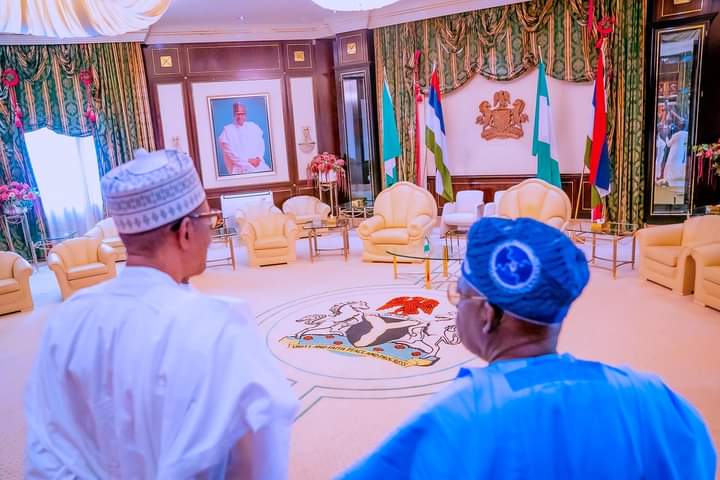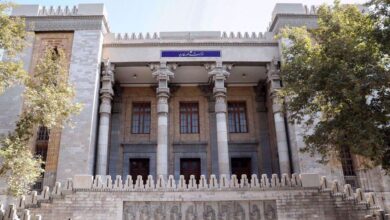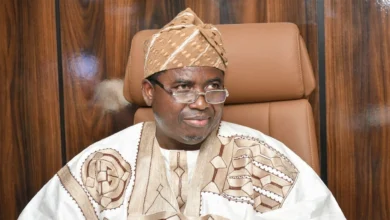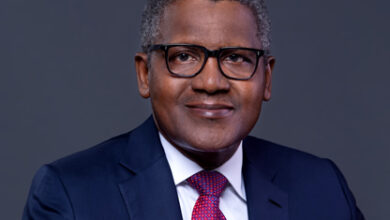True state of economy President Tinubu inherited from Buhari as at May 29, 2023

A Mischievous Narrative: Debunking the Economic Illusions of Tinubu’s Government
Contrary to some claims, President Tinubu did not inherit just $3.5 billion in foreign reserves. The actual figure stood at $35 billion as of May 29, 2023
By ANONYMOUS
Amid the sea of government propaganda, a new and misleading narrative is gaining traction — one that seeks to rewrite recent economic history. It claims President Tinubu inherited a broken economy with nothing in reserves, and that his administration has miraculously turned things around. But facts, when properly laid out, tell a different story.
1. The False Claim About Foreign Reserves
Contrary to some claims, President Tinubu did not inherit just $3.5 billion in foreign reserves. The actual figure stood at $35 billion as of May 29, 2023 — a significant asset left behind by the Buhari administration.
So where did this $3.5 billion figure come from? It’s pure misinformation, used to paint a picture of economic heroism that simply does not exist.
2. The Reality of Ways and Means Debt
Another falsehood is the claim that the Tinubu administration has paid off Nigeria’s Ways and Means advances — short-term borrowings from the Central Bank of Nigeria (CBN). In reality:
The Buhari administration left a Ways and Means debt of ₦22.7 trillion.
In December 2023, Tinubu’s administration requested and received Senate approval to borrow an additional ₦7.5 trillion, pushing the total to over ₦30 trillion.
This debt hasn’t been paid. Instead, it has been restructured into a long-term repayment plan stretching over 40 years — a burden pushed onto future generations.
3. Selective Debt Payments: COVID Loan & Airline Debts
Yes, the Tinubu government did repay:
A $3.4 billion IMF loan secured during COVID-19, and
$7 billion in legacy debts owed to foreign airlines and other parties.
That totals $11.5 billion, which is less than one-third of what Tinubu inherited in reserves. So, what’s the grand achievement in using part of existing reserves to settle old debts?
4. The Distributable Revenue Illusion
One of the loudest arguments made by this administration is that states and local governments now receive more federal allocations than under Buhari. But here’s the illusion:
Under Buhari:
Dollar exchanged for ₦431.
Monthly federal allocation averaged ₦600–₦700 billion.
Some states received ₦5–₦6 billion monthly.
Under Tinubu:
Dollar now trades at ₦1,560–₦1,600.
Federal allocation hovers around ₦1.6–₦1.7 trillion.
Some states now receive ₦10–₦14 billion.
Sounds impressive, right?May 29, 2023 Not quite.
When you devalue the currency, your naira earnings rise in nominal terms — but the real value declines. What ₦6 billion could do under Buhari is nearly the same as what ₦12 billion can do today. It’s money illusion, not economic progress.
5. Minimum Wage and Purchasing Power Decline
Let’s talk about workers:
In 2023, the minimum wage was ₦30,000, equivalent to $69 at the time.
In 2025, it has increased to ₦70,000, yet only worth $43 today.
That’s over 100% increase in nominal terms, yet a drop of over 35% in real value. This means Nigerian workers are poorer today, even though they receive “more” on paper.
6. Exploding Debt and Eroded Welfare
Tinubu inherited a total national debt of ₦77 trillion. As of September 2024, it has ballooned to ₦144 trillion. If his new borrowing requests are approved, Nigeria’s debt may hit ₦182 trillion in just two years — a staggering increase of over 130%.
And what does this mean for the average Nigerian?
Prices of essential goods and services have skyrocketed:
Fuel: ₦184/185 → ₦840
Bag of rice: ₦32,000 → ₦80,000
Cement: ₦3,500 → ₦10,000
Car tire: ₦11,000 → ₦40,000
Lightbulb: ₦700 → ₦1,800
Even civil servants, who now earn higher nominal salaries, cannot afford what they could just two years ago. A colleague who earned ₦268,000 under Buhari and now earns ₦404,000 admits life was far more bearable with the former.
7. Silence of the Governors: Fear Over Facts
Many state governors know this truth but dare not speak. They are being blackmailed with federal allocations and political threats. The illusion of progress is maintained at the cost of transparency and accountability.
8. Academic peace and stability
The peace we now enjoy from ASUU was won by Buhari through legal means establishing “No work, no Pay” at the National Industrial Court
Conclusion: Truth Over Propaganda
Let us not be fooled by deceptive comparisons and inflated statistics. While every government faces challenges, deliberately misrepresenting data to mask failures is intellectually dishonest and morally bankrupt.
Tinubu’s administration is not performing magic — it is simply manipulating figures and narratives. Yes, more money is being “shared,” but it buys far less, benefits fewer people, and deepens the divide between the political elite and the struggling majority.
If we’re going to build a better Nigeria, it must start with telling ourselves the hard truths — and rejecting sweet-sounding lies dressed as “economic success stories.”




